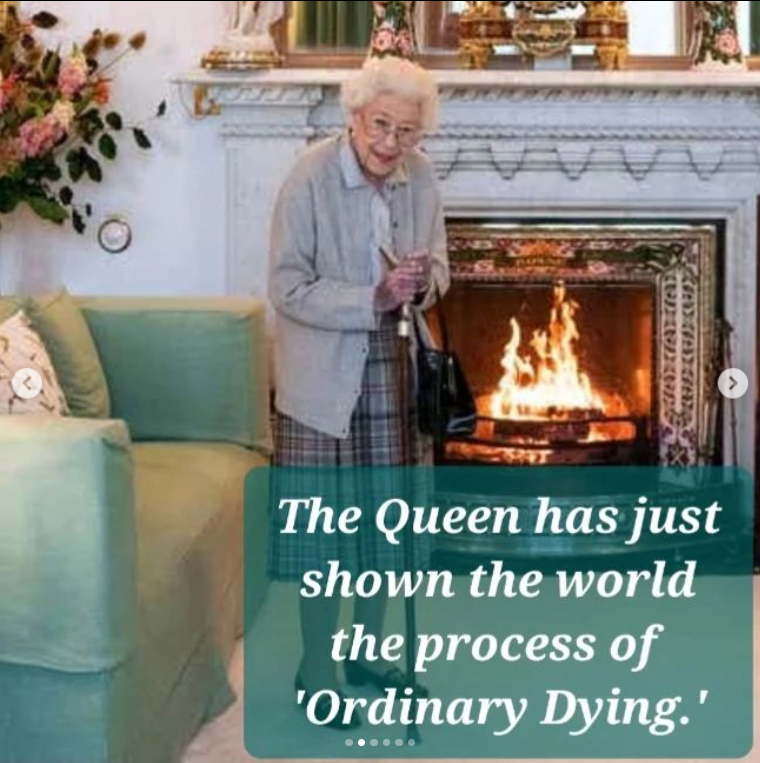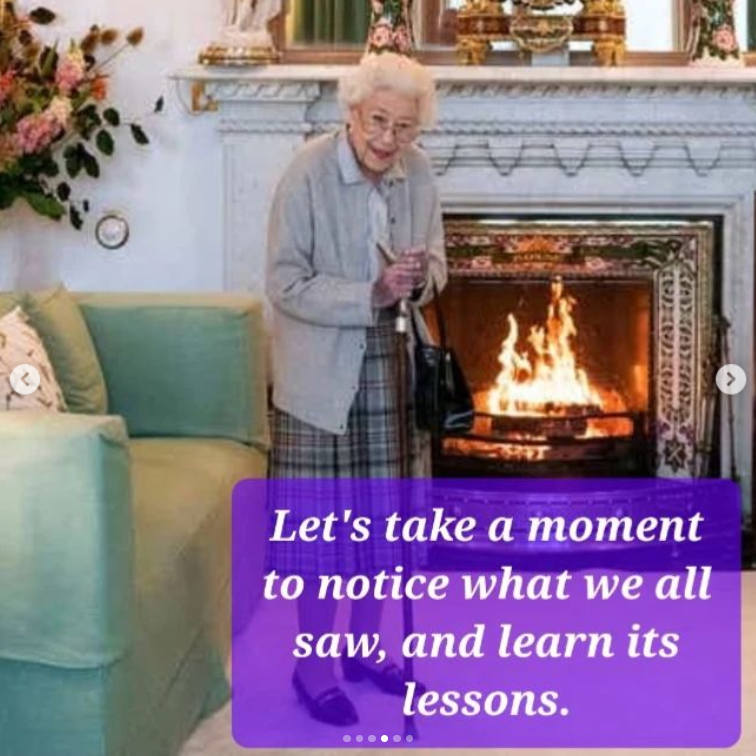
@DeborahAlsina This is frustrating isn't it? Your mum deserves to have a plan in place for foreseeable events that she's helped to shape & respects her choices.
A few ideas and comments:
1. Advance care planning (#ACP) is the process that considers current & future care needs. Whose job?
1/
A few ideas and comments:
1. Advance care planning (#ACP) is the process that considers current & future care needs. Whose job?
1/
@DeborahAlsina #ACP needs teamwork.
*GP is usually the coordinator unless someone else knows a particular person better as their patient.
*Plan belongs to & respects the wishes of the person.
*If the person lacks capacity, a plan using Best Interests decision-making can still be made.
2/
*GP is usually the coordinator unless someone else knows a particular person better as their patient.
*Plan belongs to & respects the wishes of the person.
*If the person lacks capacity, a plan using Best Interests decision-making can still be made.
2/
@DeborahAlsina #ACP conversations might include
- person's best hopes/worst dreads. We want a plan to steer us as close as poss to their hopes & as far as poss from their dreads. This is a useful conversation for all of us to have with loved ones.
- decisions to decline specific treatments.
3/
- person's best hopes/worst dreads. We want a plan to steer us as close as poss to their hopes & as far as poss from their dreads. This is a useful conversation for all of us to have with loved ones.
- decisions to decline specific treatments.
3/
@DeborahAlsina We can decline any treatment for any reason (even irrational reasons). We can record this in writing as an Advance Decision to Refuse Treatment #ADRT.
Wording that won't deflect helpful comfort care is important, nuances really help.
Good advice & help at @AGoodDeath website.
4/
Wording that won't deflect helpful comfort care is important, nuances really help.
Good advice & help at @AGoodDeath website.
4/
@DeborahAlsina @AGoodDeath Many people don't even know what ideas they should discuss & plan ahead for.
This #PlanAhead tool from @hospiceuk, with space to select (changeable) options, might help prepare you and Mum for a discussion with her GP
bit.ly/3gQDszA
FYI: I'm on its development group.
5/
This #PlanAhead tool from @hospiceuk, with space to select (changeable) options, might help prepare you and Mum for a discussion with her GP
bit.ly/3gQDszA
FYI: I'm on its development group.
5/
@DeborahAlsina @AGoodDeath @hospiceuk There will be a locally-agreed set of #ACP records that mum's medical team should complete. They'll be on line, & you/she should either be able to access them or at least have a paper copy.
Can you access on her behalf? Only if you have Lasting Power of Attorney.
6/
Can you access on her behalf? Only if you have Lasting Power of Attorney.
6/
@DeborahAlsina @AGoodDeath @hospiceuk Lasting Power of Attorney #LPA allows people with capacity to appoint people to speak on their behalf. As your Mum's Attorney you could decline interventions she wouldn't want, & accept those she would, on her behalf. It takes time to set up.
nhs.uk/conditions/end…
7/
nhs.uk/conditions/end…
7/
@DeborahAlsina @AGoodDeath @hospiceuk The plan should take into account any foreseeable events, depending on the person's health. So for your Mum, that includes plans about heart problems, for example would she go to hospital? ICU? Accept a pacemaker?
8/
8/
@DeborahAlsina @AGoodDeath @hospiceuk Geriatricians are specialists in the kind of medicine that integrates the physical changes of older age, optimising function of body and mind. They offer good palliative care advice, too. I highly recommend @lucypgeridoc's The Book About Getting Older g.co/kgs/RL5tJZ
9/
9/
@DeborahAlsina @AGoodDeath @hospiceuk @lucypgeridoc If your Mum us currently in hospital then responsibility for a care plan lies with the current team, who can consult other specialists (cardiology, care of the elderly, pall care, her own GP) to formulate (with her) a plan for the next steps, to be picked up at home by GP.
10/
10/
@DeborahAlsina @AGoodDeath @hospiceuk @lucypgeridoc That's a quick gallop through some suggestions for conversations & decisions to consider.
Good ideas & helpful links at @DyingMatters @artofdyingwell @AGoodDeath
Links to other sites via the #PlanAhead tool website:
bit.ly/3gQDszA
Wishing you both well as you plan.
END
Good ideas & helpful links at @DyingMatters @artofdyingwell @AGoodDeath
Links to other sites via the #PlanAhead tool website:
bit.ly/3gQDszA
Wishing you both well as you plan.
END
• • •
Missing some Tweet in this thread? You can try to
force a refresh










